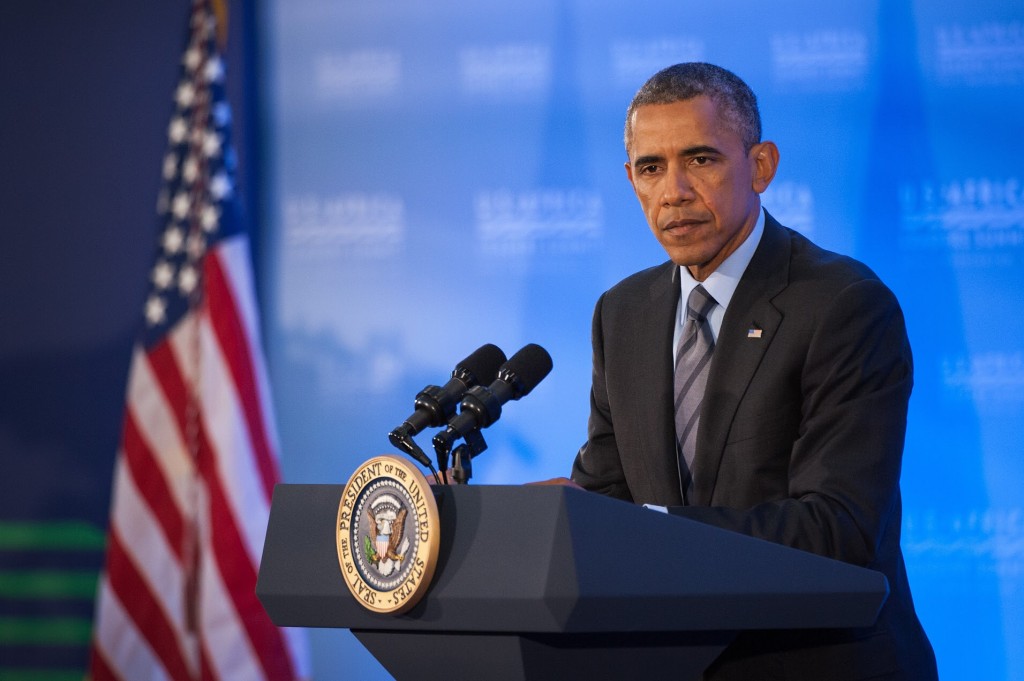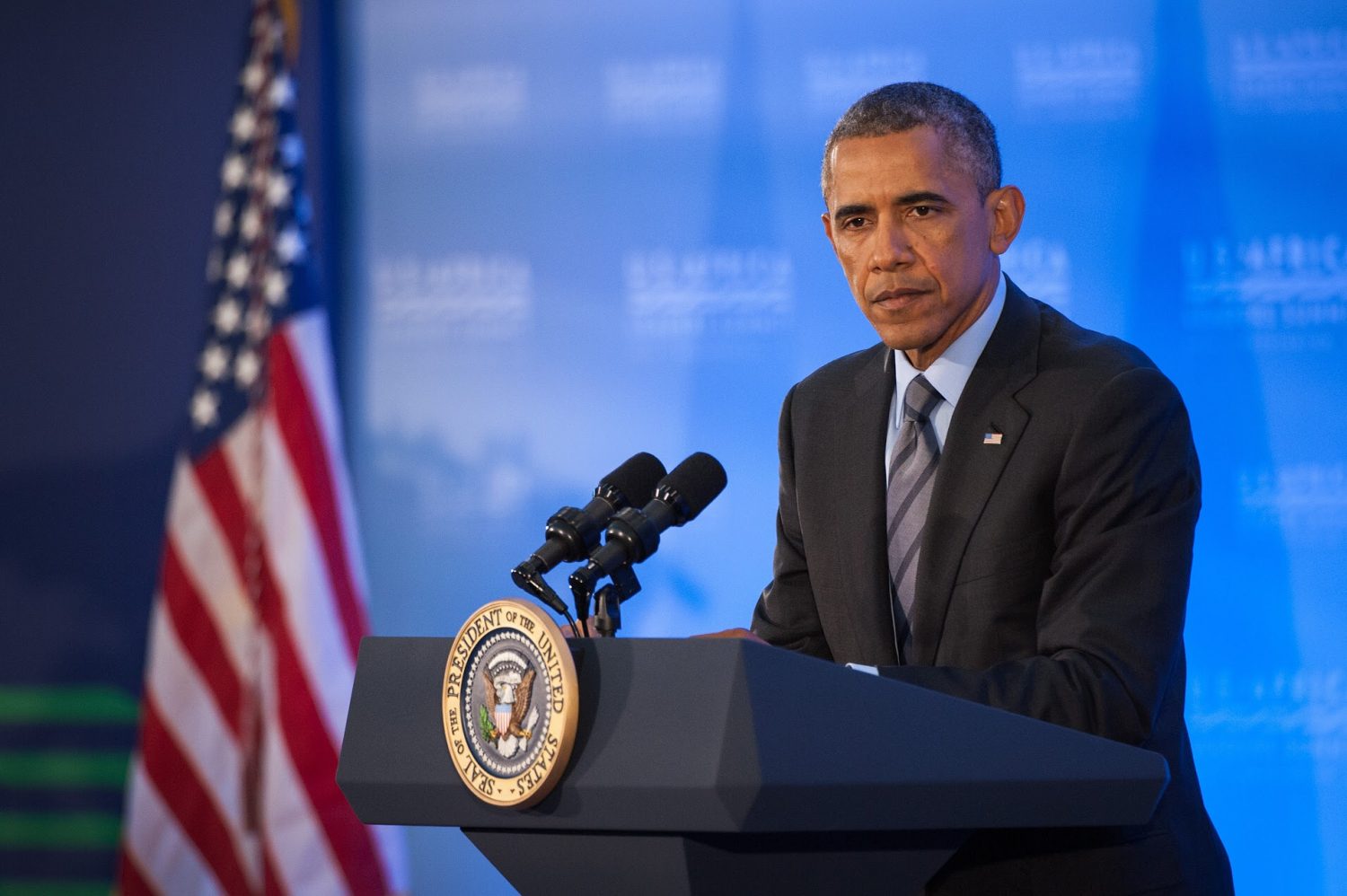U.S. and African officials call for the speedy renewal of AGOA

By Ahmed A. Salifou
The African Growth and Opportunity Act (AGOA) has facilitated commerce between the United States and Sub-Saharan Africa like no other law. But, with AGOA set to expire in September 2015, concerns are growing as to why the U.S. Congress has yet to renew the law.
On January 28, during a discussion at the Africa Policy Breakfast in Washington D.C., panelists Eliachim Molapi Sebatane, Lesotho Ambassador to the United States; Scott Eisner, executive director of the Africa Business Initiative at the U.S. Chamber of Commerce; and Rahama Wright, president and CEO of African-based company Shea Yeleen, exchanged ideas regarding the importance of renewing AGOA signed into law in May 2000 by President Bill Clinton to open U.S. markets to thousands of products from Africa. Witney Schneidman, a nonresident fellow at the Africa Growth Initiative in the Global Economy and Development program, served as the discussion’s moderator, presenting each panelist with questions revolving around their area of expertise.
Echoing the sentiments expressed by African Union ministers after meeting with U.S. lawmakers, Ambassador Eliachi Molapi Sebatane said the prospect of AGOA being renewed is promising. “There was very strong support for [the] reauthorization of AGOA across the board,” stated Sebatane; however, he expressed uncertainty over the timing of the renewal: “It is just a matter of saying when this is going to happen,” commented Sebatane, adding that it is imperative for African leaders to push for “immediate, urgent renewal.”
Speaking on behalf of the U.S. Chamber of Commerce, Scott Eisner, executive director of the Africa Business Initiative at the U.S. Chamber of Commerce, described AGOA as “a pivotal launching pad for American businesses,” describing the law as a job-creator in both the United States and Africa. “It is that pivotal point in our trade policy with Africa and that’s why the Chamber fully supports its speedy and timely renewal,” stated Eisner.
When asked to assess AGOA’s impact on African enterprises, businesswoman Rahama Wright recalled her own experience as a novice entrepreneur, saying that her social enterprise would not have achieved its current success “without a trade policy like AGOA.” Wright is one of many African entrepreneurs to have benefited from AGOA.
Former Ways and Means Committee Chairman Charles Rangel, who was also present at the Africa Policy Breakfast, laid out the importance of reauthorizing AGOA as soon as possible: “Thousands of workers in Africa who depend on the extension of the third-country fabric are losing their livelihoods with every day that goes by with uncertainty about whether the extension legislation will become law,” commented Rangel in a press release. Rangel called for a bicameral effort to expedite AGOA’s renewal: “I call on my colleagues in both Houses to get this done without delay.”


